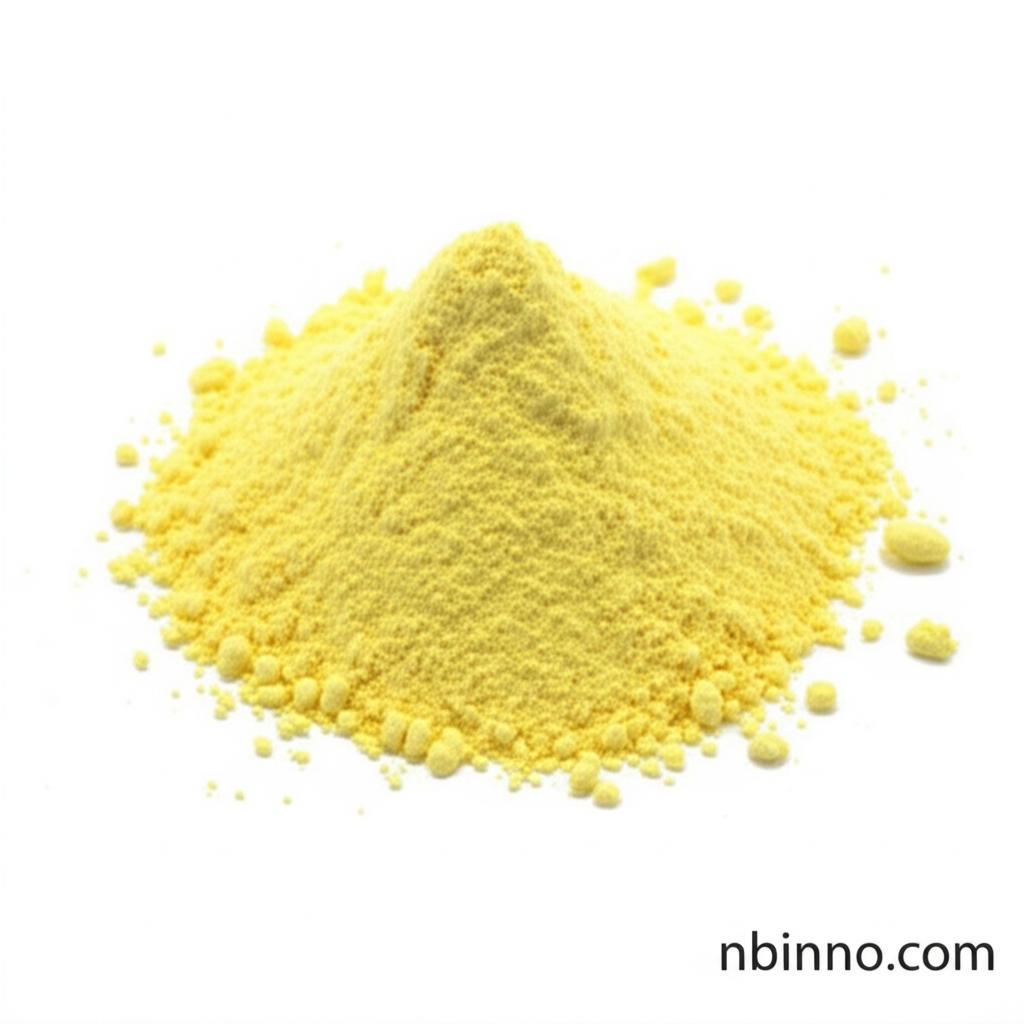N-Benzoyl-DL-arginine-4-nitroanilide Hydrochloride: A Key Chromogenic Substrate for Protease Activity Assays
Unlock precise protease activity measurements with our high-quality chromogenic substrate.
Get a Quote & SampleProduct Core Value

N-Benzoyl-DL-arginine-4-nitroanilide Hydrochloride
This essential compound serves as a vital chromogenic substrate, enabling accurate quantification of protease activity. Its unique structure allows for the release of 4-nitroaniline upon enzymatic cleavage, producing a measurable yellow color that is directly proportional to the enzyme's catalytic rate. This makes it an indispensable tool for various biochemical research applications.
- N-Benzoyl-DL-arginine-4-nitroanilide Hydrochloride substrate is designed for precise measurement of protease activity in diverse biological samples.
- As a crucial chromogenic substrate for trypsin, it facilitates easy spectrophotometric analysis of enzyme kinetics.
- Its application in protease activity assays provides reliable data for understanding enzyme function and regulation.
- The reliable enzyme analysis substrate properties ensure consistent and reproducible results in laboratory settings.
Key Advantages
High Specificity
This synthetic peptide for protease analysis exhibits high specificity for trypsin and related serine proteases, ensuring targeted and accurate results.
Quantitative Analysis
The straightforward 4-nitroaniline release mechanism allows for quantitative assessment of enzyme activity, crucial for kinetic studies.
Versatile Application
It is widely used for trypsin inhibitor screening and other research aimed at understanding protease mechanisms and developing new therapeutics.
Key Applications
Enzyme Assays
Essential for conducting sensitive protease activity assays, providing clear colorimetric signals for analysis.
Biochemical Research
A foundational component in various biochemical assays used to study enzyme kinetics and protein interactions.
Enzyme Inhibitor Screening
Facilitates the effective screening of potential inhibitors targeting trypsin-like enzymes, aiding drug discovery efforts.
Protease Mechanism Studies
Used to elucidate the detailed mechanisms of action for a wide range of proteases in different biological systems.
